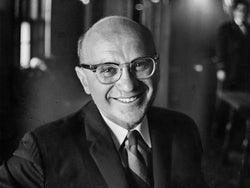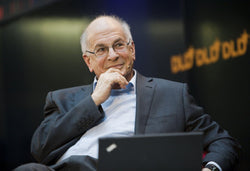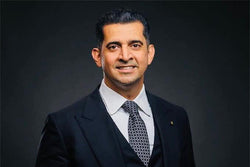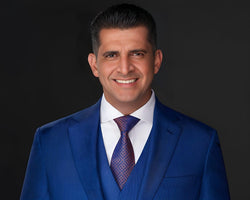10,000 Hour Rule- Malcolm Gladwell
Share with Friends
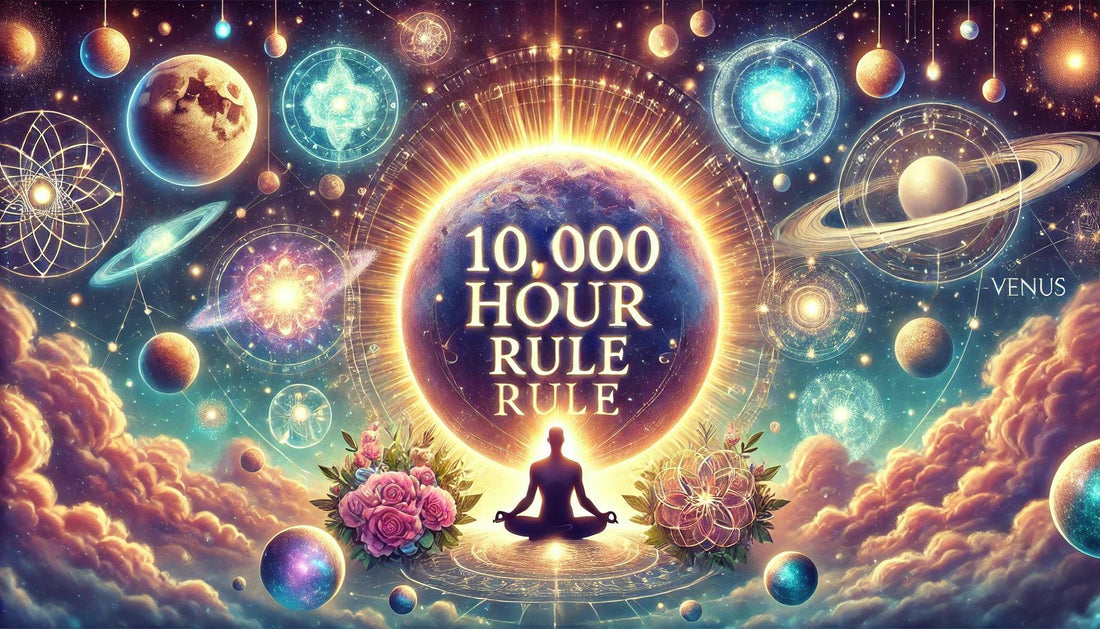
Malcolm Gladwell discusses his “10,000-hour rule,” a finding from expertise research suggesting it takes roughly 10,000 hours of deliberate practice to achieve mastery in a field. He uses examples from classical composers like Mozart to illustrate this, emphasizing that even prodigies require extensive practice before producing exceptional work. Gladwell argues that society is too quick to judge talent prematurely, advocating for institutional changes that support long-term development and mastery. He emphasizes the importance of dedicated practice over inherent genius and reframes the concept as a societal issue, focusing on creating systems that enable individuals to reach their full potential.
Highlights
- ⏱️ The 10,000-Hour Rule: Mastery in any field requires approximately 10,000 hours of dedicated practice, regardless of innate talent.
- 🎼 Examples from Classical Composers: Even renowned composers like Mozart didn’t produce masterpieces until after years of dedicated practice.
- ⏳ Patience and Long-Term Development: Society needs to be more patient in assessing talent, recognizing the lengthy process required for mastery.
- 🏢 Institutional Support: We should create systems that allow individuals the time and resources necessary to reach their full potential.
- 🤝 Community, not Self-Help: The focus should be on building societal structures that foster opportunity and hard work, rather than solely on individual self-improvement.
1. What is your Greatest Strength?
2. What is your Greatest Weakness?







